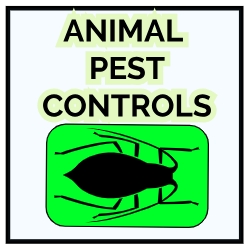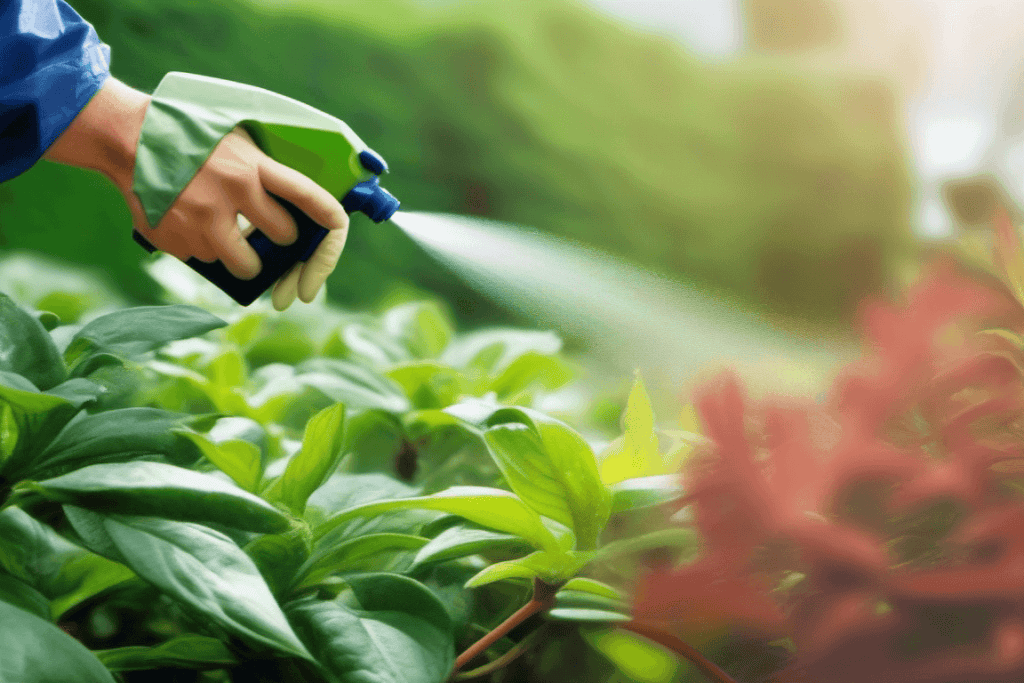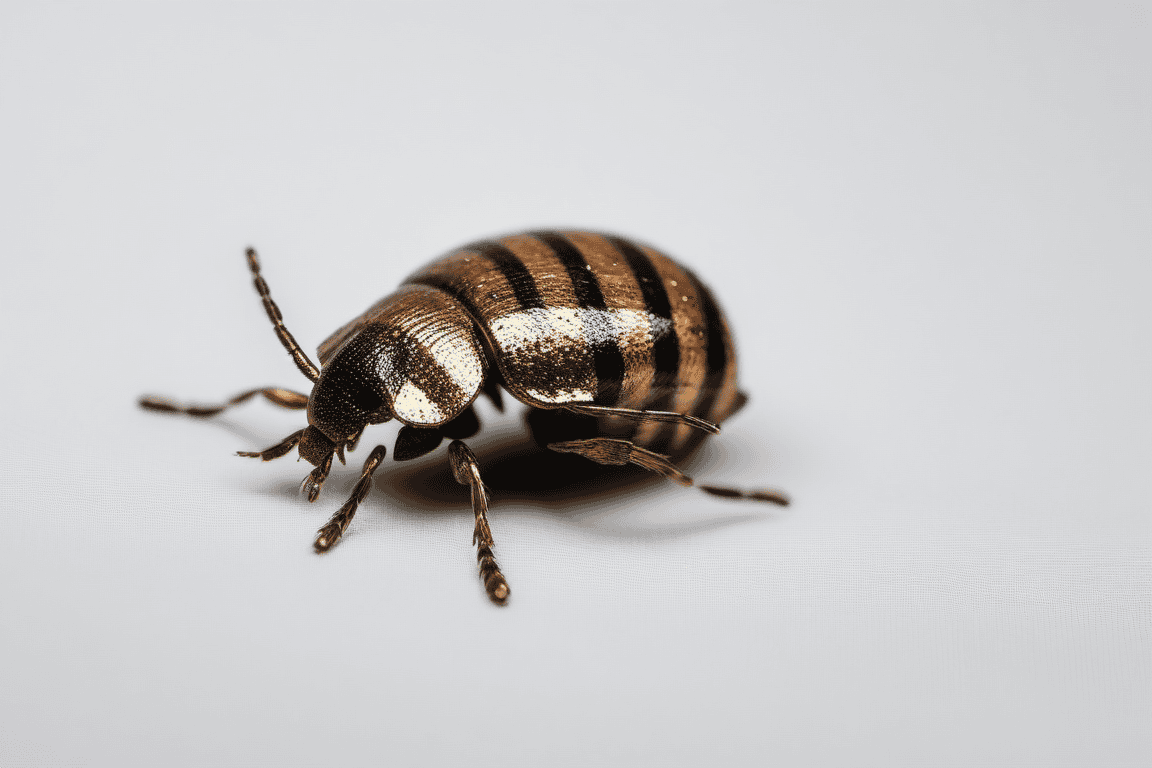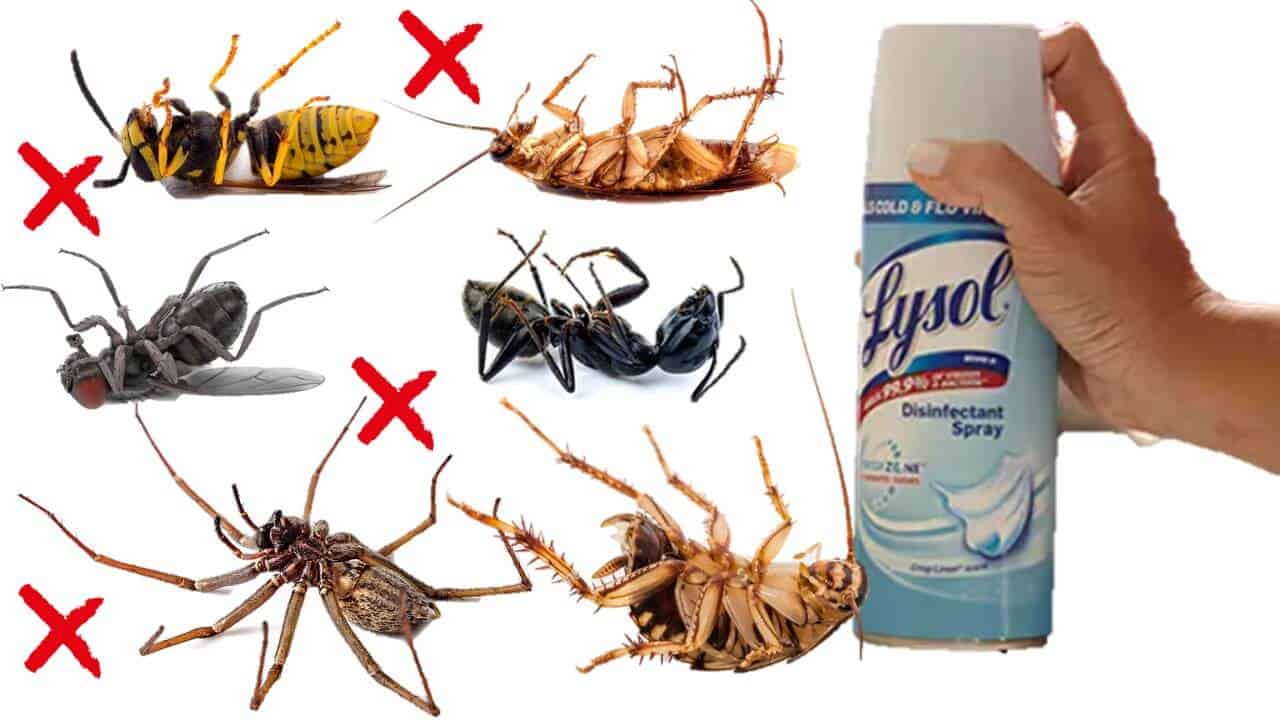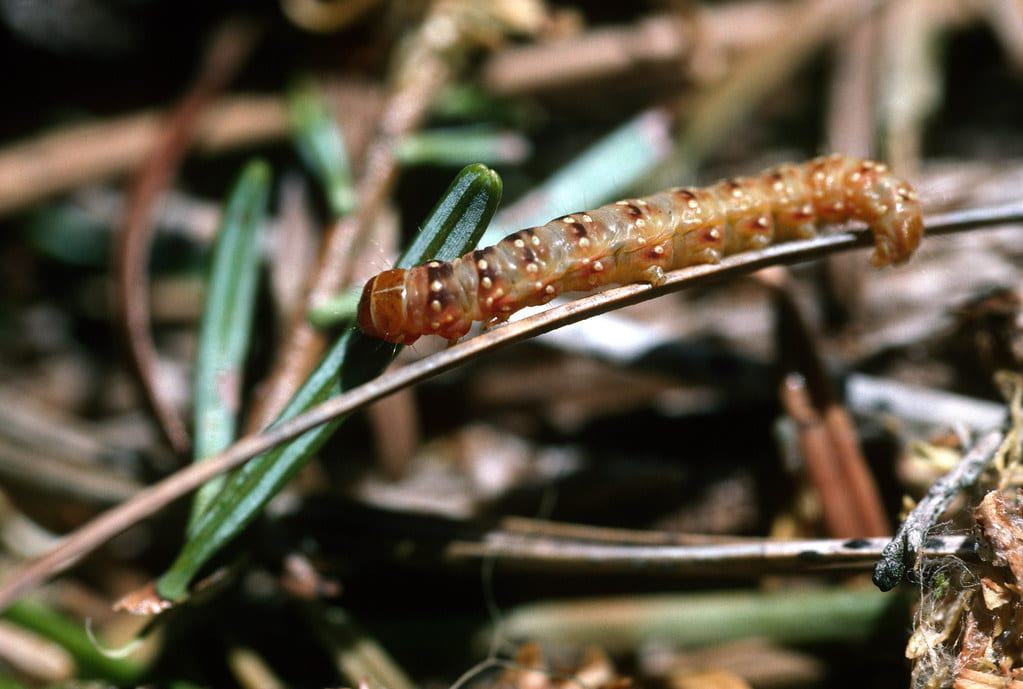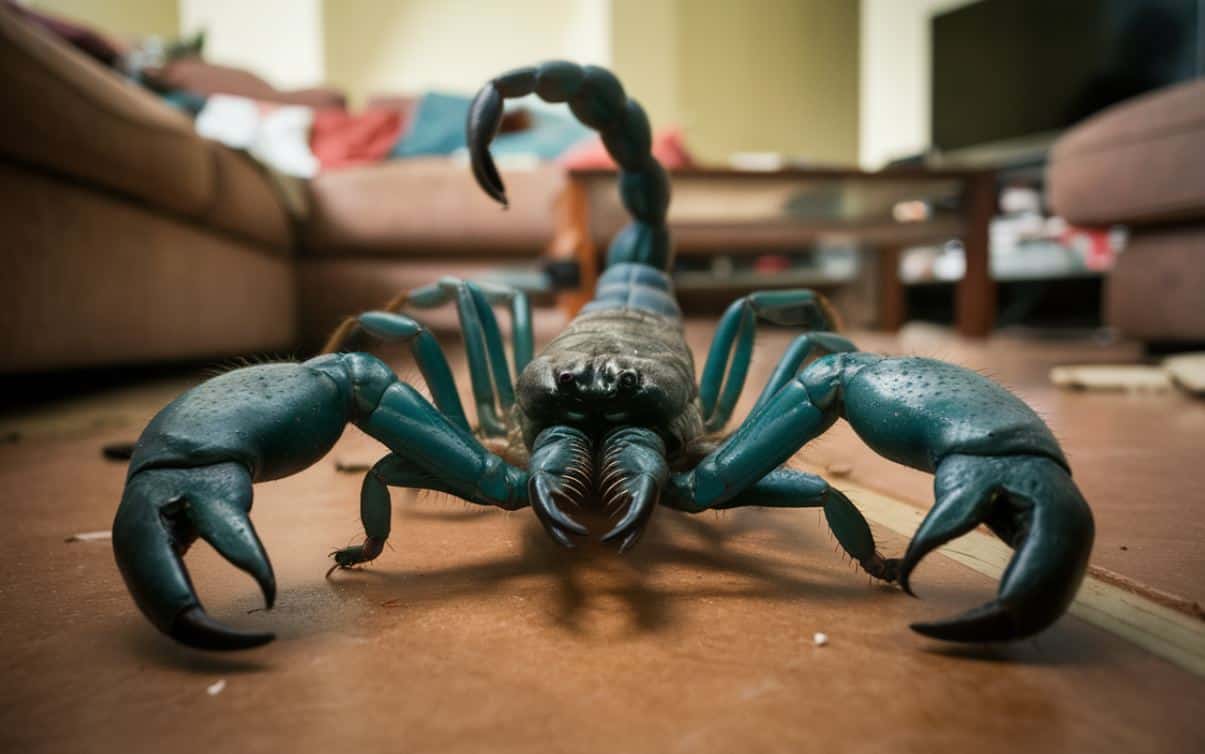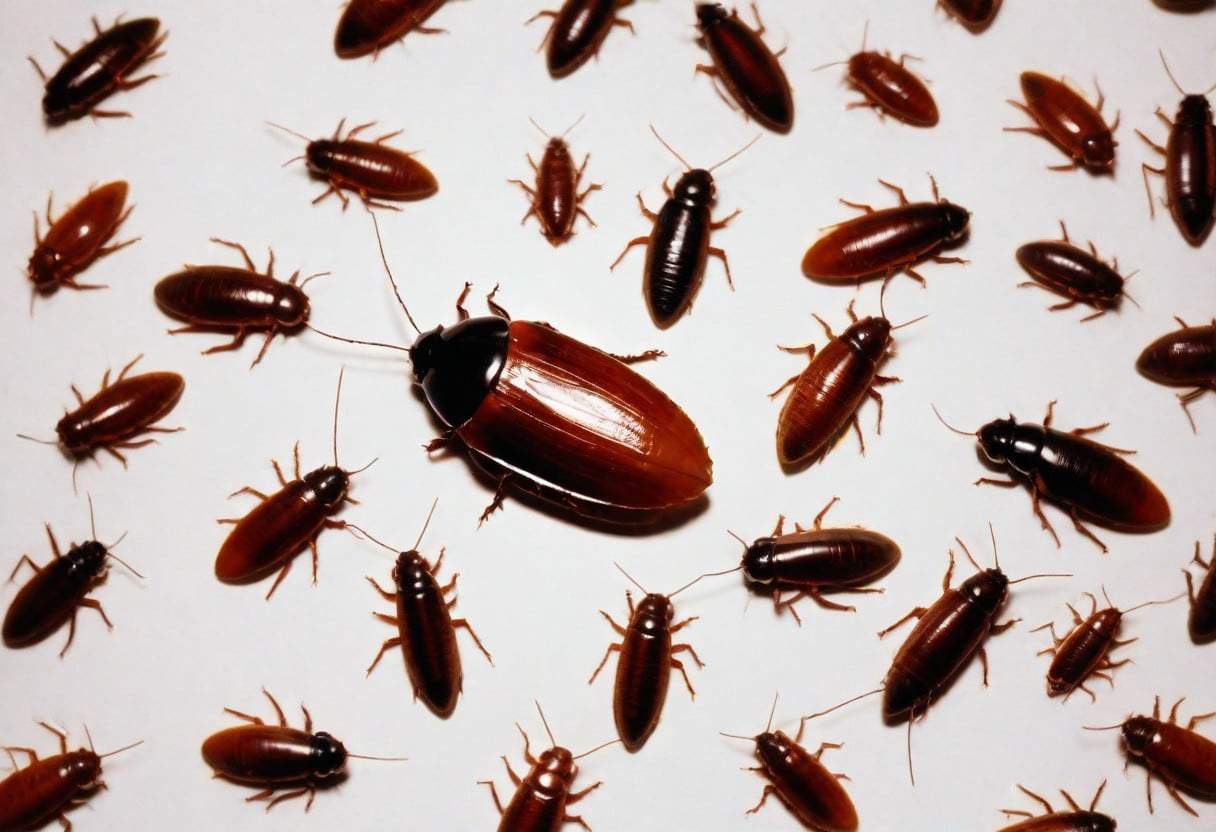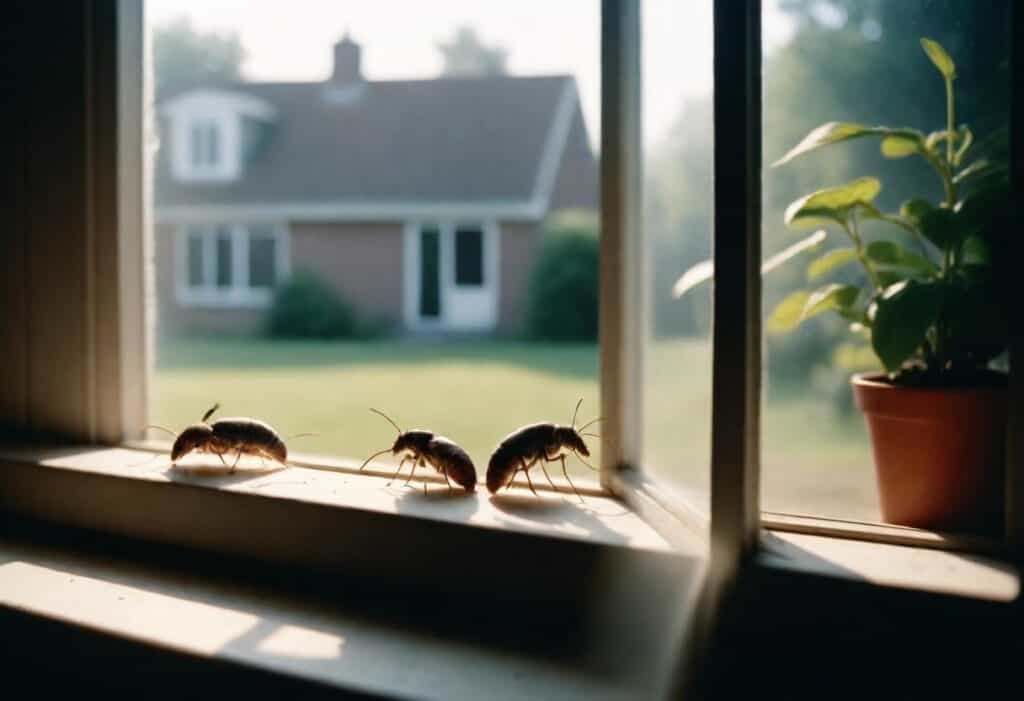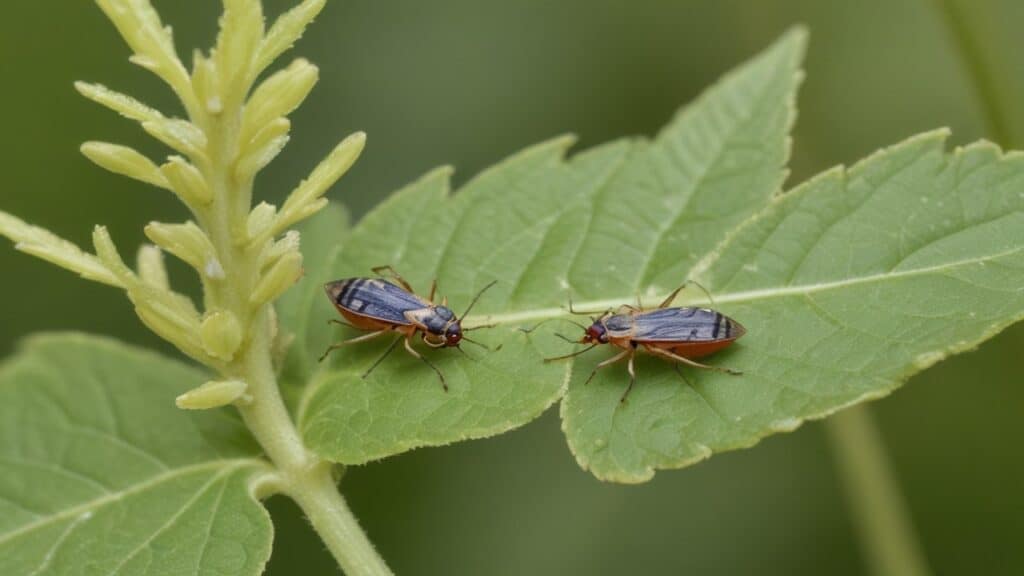Are you looking for a natural way to protect your plants and home from pests?
We’ll show you how to make natural, homemade pesticides that protect your beloved plants and household. You will learn the step-by-step process of creating all-natural solutions with ingredients found in your kitchen.
You may be surprised by how quickly you can whip up a solution that works just as well as expensive store-bought solutions.
Read below for an effective pest repellent that is safe for people and plants.
Table of Contents
What are Pests?
Pests are bugs or organisms that can cause harm to humans, crops, and other animals.
Some common pests include insects, mites, and rodents. They can cause health problems by spreading diseases or allergies and destroying crops and buildings.
Insects are the most common type of pest and include ants, bedbugs, beetles, flies, mosquitoes, termites, and wasps. These pests can adapt quickly to different environments.
They have a high reproductive rate and can mutate rapidly in response to changes in their surroundings, such as climate change.
Pests have specialized behaviors that allow them to survive in adverse conditions, such as surviving without water or hiding from predators. These bugs can find food sources easily in areas with little available food.
What are the Homemade Pesticides to Eliminate Pests?
1. Cayenne pepper spray
Cayenne pepper is a popular spice in many dishes, but did you know it contains ingredients that can harm and repel insects? This potent pepper contains capsaicin, a deterrent for insects and pests such as aphids, mites, and whiteflies.
It is toxic to many insects and can kill them on contact. You can make cayenne pepper spray at home using just a few ingredients.
Cayenne pepper mixed with water and soap is an effective insecticide for indoor and outdoor plants. Mix one tablespoon of cayenne pepper powder with one quart of water.
Add a few drops of dish soap to help the mixture stick to the leaves of your plants. Place the mixture in a spray bottle and shake well before use.
Be sure to test the spray on a small area first to ensure it doesn’t harm your plants.
2. Soap spray
Soap spray is a popular homemade pesticide for plants and around the house to control pests.
It is an effective and non-toxic alternative to chemical pesticides, making it a popular choice for those looking for natural solutions to pest problems.
Soap spray works by suffocating insects, disrupting their cell membranes, and causing them to dehydrate. Mix one tablespoon of liquid castile soap with one quart of water in a spray bottle.
You can also add essential oils like peppermint or lavender for added insect-repellent properties. Shake the bottle well before use and apply to the plant or surface where you’ve seen pests.
You should only use soap spray on plants during cooler temperatures as it can cause damage if applied during hot weather.
Besides, always test the solution on a small part of your plant before applying it. Stop using it if there are any signs of damage or discoloration after 24 hours.
3. Garlic spray
Garlic is an effective and natural pesticide that can protect your plants from pests. Garlic spray will make the plants unappealing to pests. This way, they won’t eat them or lay eggs on them.
The herb has antimicrobial properties that can keep your household surfaces clean and free from harmful bacteria. To make garlic spray, blend a bulb of garlic with water in a blender until smooth.
Strain the mixture and add it to a spray bottle filled with water.
You can also add a few drops of dish soap to help the spray stick to the leaves of your plants. When using garlic spray on plants, test it on a small area before applying it.
It will ensure no adverse effects on the plant or any beneficial insects in the area. Finally, avoid using garlic spray around pets as it may cause irritation or allergic reactions.
4. Vinegar bug spray
Vinegar is acidic and can kill insects on contact, making it an excellent choice for a bug spray. Aside from being an effective pest control solution for your garden, vinegar bug spray can repel common household insects such as ants and fruit flies.
Apply it where pests gather, such as on countertops or near garbage cans. Mix equal parts of vinegar and water in a spray bottle.
Add a few drops of essential oils, such as peppermint or eucalyptus, to increase pest-repelling power. Shake the bottle well and spritz your plants.
Repeat every few days or after rain until you see no signs of pests on your plants.
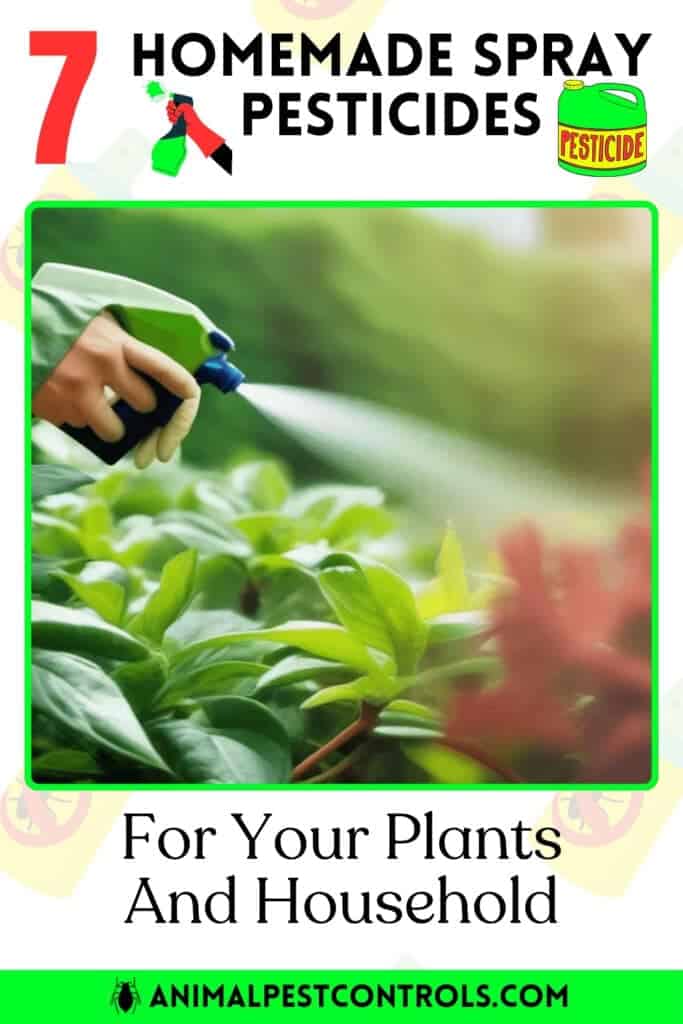
5. Neem oil spray
Neem oil is an organic pesticide extracted from the seeds of the neem tree. It contains compounds such as azadirachtin and nimbin, which have insecticidal properties that repel pests.
This oil will interrupt the life cycle of insects, preventing them from reproducing and causing damage to your plants or home.
You can use neem oil to protect plants from various pests, such as aphids, whiteflies, spider mites, and mealybugs.
To make a neem oil spray, mix one tablespoon of neem oil with a gallon of water. Shake the mixture well and spray on both sides of the plant leaves until dripping wet.
Repeat this process every seven to fourteen days for best results.
Aside from its usefulness in gardening, neem oil spray can control household pests, such as bed bugs, fleas, and cockroaches.
Mix one tablespoon of neem oil with two cups of water and a few drops of dish soap in a spray bottle. Shake well before use and apply directly to pest-infested areas or surfaces around your house.
6. Tomato leaf spray
Tomato leaf spray is a popular and effective homemade pesticide that can protect plants from pests. The main ingredient for this spray is tomato leaves, which contain a toxic compound called solanine that kills insects upon contact.
This natural insecticide also contains alkaloids, harmful to common garden pests like aphids, whiteflies, and spider mites.
To make the spray -boil tomato leaves in water for about thirty minutes until the liquid turns greenish-yellow. Then strain the leaves and add a few drops of dish soap to help the mixture stick to plant surfaces.
Transfer the solution into a spray bottle and apply it to your plants as needed. This spray is safe for your plants and the environment.
Aside from being an effective insecticide, tomato leaf spray also has other benefits for plants. It contains essential nutrients like potassium and nitrogen that can help strengthen plant growth and improve overall health.
Additionally, it doesn’t harm beneficial insects like bees or ladybugs since they are unaffected by solanine.
Plus, since tomatoes are a common crop in home gardens, this method offers an easy way to repurpose what might otherwise be considered waste material!
7. Cinnamon spray
The cinnamon spray is an all-natural solution for pest control in your garden and home. Its antifungal, antibacterial, and insecticidal properties make it a powerful addition to your DIY pesticide arsenal.
You can make the spray by boiling cinnamon sticks. Alternatively, mix the ground cinnamon powder with water and add a few drops of dish soap as an emulsifier.
In the garden, cinnamon spray can help repel ants, aphids, spider mites, and other common pests that feast on plants. Spray the mixture directly onto the leaves of affected plants to keep insects at bay.
You can use cinnamon spray indoors as an air freshener to eliminate odors and deter pests like spiders and fruit flies from entering your home.
The cinnamon spray is a safe alternative to harsh chemical pesticides that can harm humans and the environment.
It’s easy to make at home with simple ingredients and can provide effective pest control without breaking the bank. Try it next time you have unwanted critters in your garden or house!
Conclusion
Making your pesticides for plants and household use is a cost-effective and environmentally friendly solution.
With the right ingredients and patience, you can whip up effective concoctions to keep pests at bay without harming your plants or loved ones.
So go ahead, raid your kitchen cabinets, mix some ingredients, and get creative with your DIY pest control methods. Your plants (and wallet) will thank you for it!
Happy gardening!
